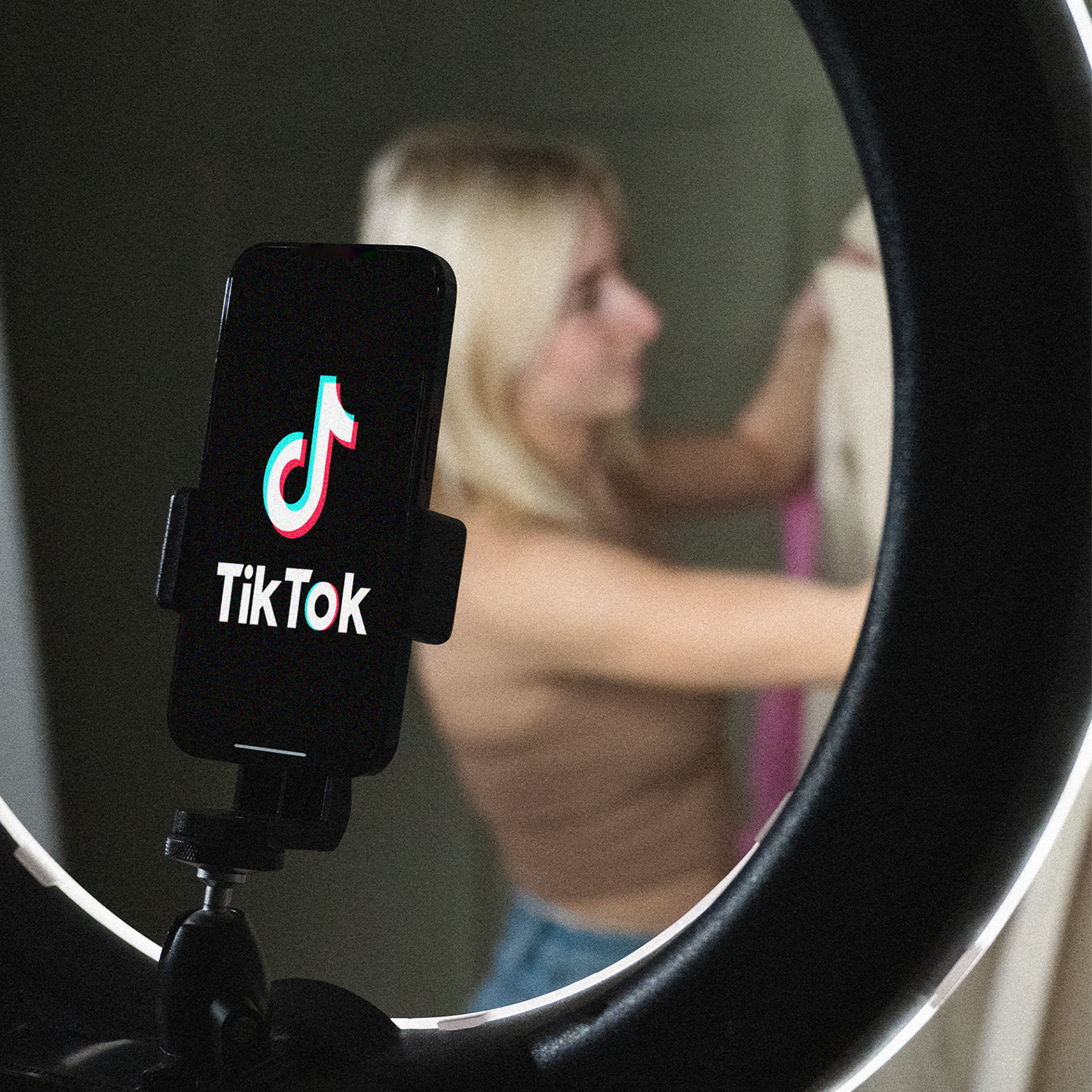The rise of the sharing economy has brought about one of the most fundamental changes to consumerism in recent years. As millennials look to spend more on experiences and less on possessions, private firms, and traditional services have been hit massively. So, has there been much impact on the retail industry? Not as yet, though surely it is only a matter of time. With social good and affordability central to many of the purchase decisions made by the modern consumer, it surely won’t be long.
When we talk about the sharing economy, what we are referring to are the range of services offered through sharing. The likes of Uber and Air BnB are prime examples. Companies that have built empires through providing services whereby costs can be split. Uber offers car pools, while Air BnB allows the global community to share spaces, to borrow rooms from sellers and occupy them as hotels, during their holidays. These two brands have had a huge impact on the hotel industry and on taxi firms around the world. These types of sharing services allow consumers to save money and enjoy a unique experience. The vast majority of these companies have adopted clever digital marketing tools to communicate with consumers. Companies such as Uber and Air BnB are the kings of the slick app.
So what does this mean for retail? When it comes to retail-based transactions in the sharing economy, these are scarce, especially in the entertainment or automotive sectors. In online shopping, we have seen some signs of buoyancy. There are several online boutiques that have popped up with sharing or borrowing at the forefront of their ethos. Sites like Rent the Runway and Beg, Borrow or Steal, offer luxury items that consumers traditionally can’t afford to buy; designer tuxedos, luxury cars etc and offer them for a limited time only. Not all the fashion retailers in the sharing economy are looking to provide affordable luxury fashion, there are cheaper brands out there and also those offering more sustainable ways to dress. Other companies such as Vigga have sprung up to provide pre-worn baby clothes. It’s all about providing better value for the customer.
The smaller amounts of clothing and personal item sharing sites is in part down to consumer mindsets. Buying services such as taxis and accommodation from the sharing economy seems to make more sense to consumers and sit more comfortably with them. Clothing and beauty products are more intimate purchases, many are not comfortable renting or sharing these items, even if it would mean access to otherwise unaffordable products. But is the low uptake in shared retail goods due to less interest or fewer opportunities?
A product based company in the sharing economy has particular stumbling blocks to overcome, it has to deal with inventory and supply chains. Uber, for example, is an easily trackable, on demand service. A product based company or brand has to keep tabs on many items out for hire and ensure they are returned. Some companies are sharing their supply chains with other companies. Walgreens, for example, has teamed up with TaskRabbit, to deliver its products to the customer’s doorstep.
There are some real benefits to becoming part of the sharing economy. Your brand will improve its image through becoming seen as more sustainable and more functional and these are values consumers increasingly care more about. The sharing economy helps build trust, it helps build a sense of community and openness between brands and consumers and this, in turn, elicits brand loyalty. However, consumers are still not completely comfortable buying retail goods from the sharing economy and there are logistical mountains for companies to climb in this arena.








